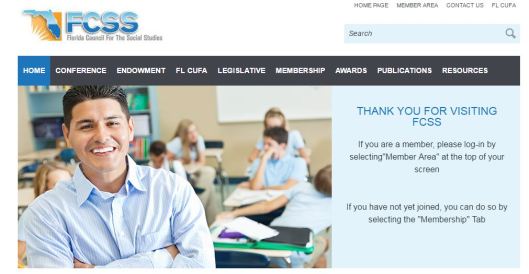The five-page article, Why and When Should We Use Public Deliberation?, written by Stephanie Solomon and Julia Abelson, was published 2012 in the Hastings Center Report. In the article, Solomon and Abelson discuss the role of public deliberation in public policy decision-making. Public deliberation is an alternative process to determine public policy and can be a more effective method of creating policy than other familiar methods; depending on the circumstances of the issues, the level of engagement desired, and the needs of the community. Public deliberation can be an effective tool when working with conflicting values; for topics that require not just expert opinions but require the experiential knowledge and back ground that the community can provide; and when there is low trust among the people for public policy process. To explore this, the authors propose the question: why and when should we use public deliberation?
Below is an excerpt from the article and it can be read in full in the resource link at the bottom of this page.
From the article…
Introduction
Public deliberation is an approach policy-makers can use to tackle public policy problems that require the consideration of both values and evidence. However, there is much uncertainty about why and when to choose it rather than more familiar approaches, such as public opinion polls or expert panels. With guidance on the why and when of public deliberation, policy-makers can use it appropriately to inform public policy.
To answer the “why” question, we emphasize the importance of matching the method to purpose. Public deliberation is not right for all policy issues. Polls, surveys, and focus groups are appropriate when the aim is to access the “top of mind” or “general attitudes” of the public, and when the issue is one that people think about or have experience with in their everyday lives. In addition, there are purely technical or scientific matters for which experts alone should be consulted, such as determining which flu viruses should be used to make next year’s vaccine.
But for an increasing number of public policy problems, neither of these approaches is adequate. For these issues, public deliberation can contribute to more legitimate policy decisions than other approaches; it can yield recommendations that are more feasible, better framed, more accountable, more inclusive, more just, and more balanced. Public deliberation may also have intrinsic value, increasing public-spiritedness, buy-in, and trust in governing institutions and their decisions, which are also central goals for policy-makers.
The “when” question has two parts: When is a policy question most suited for public deliberation, and when in the policy-making process should the public deliberate? Both questions are important.
…
When in the Policy Process?
Many argue that public deliberation is most likely to have a direct impact on policy decisions when it is undertaken in close proximity to the decision being made. At that point, because policy-makers know which options are available, participants are only given choices that are legitimately on the table. Thus, those who argue that public deliberation should only be undertaken when it can have a concrete impact on policy are committed to public deliberation taking place only downstream.
However, some argue that deliberation held just prior to a policy decision has already been framed by dominant groups, which limits the opportunity for the public to entertain and provide truly alternative views and options. In other words, the practical policy choices provided to deliberators downstream may not accurately reflect the spectrum of the public’s views on the issues. While participants may not have a direct voice in the final decision if engaged upstream, they may feel their participation is more significant because it shaped the policy questions themselves. Critics of upstream deliberation worry that participants will expect that their voices will be heeded, and when they do not see any direct results of their time and energy, they will be less likely to engage in the future.
Our view is that both upstream and downstream public deliberation is crucial, but that their effectiveness depends on the clarity with which expectations are established from the start. If people are engaged only downstream, they can never challenge the fundamental questions and options of policy decisions; they can only choose among preestablished options. If people are only engaged upstream, they have the chance to express their views, but they are less likely to directly influence real policy choices. Groups considering public deliberation should weigh these trade-offs. If possible, both upstream and downstream engagement should be utilized. If not, the implications of either choice should be made clear to participants.
Those who want to make the best public policy recommendations and decisions are faced with a multitude of approaches, from public polls, expert panels, surveys, and, increasingly, public deliberation. The choice of when to use which strategy should reflect the types of policy issues at hand, the state of the public’s trust at the time, and the timing and pace of the policy-making process associated with the given issues.
Resource Link: Why_and_When_Should_We_Use_Public Deliberation





